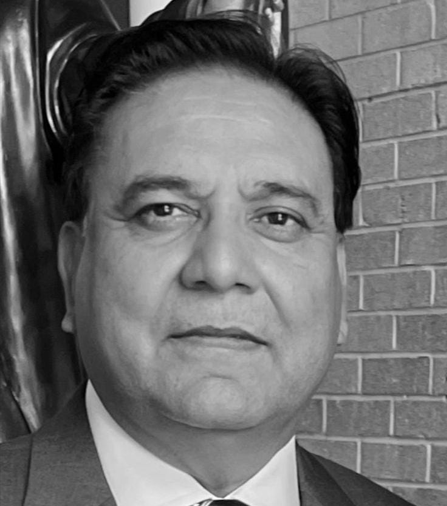By: Augustine Gill
Pakistan’s political landscape has long been a testament to the resilience of its people and their commitment to democracy. However, the increasingly violent nature of political rallies in recent years has raised significant concerns about public safety, the protection of infrastructure, and the overall health of the country’s democratic process.
Political demonstrations, while a cornerstone of democracy, have often turned violent, resulting in blocked roads, damaged infrastructure, and disrupted public services. These events strain emergency services, hinder businesses, and jeopardize the safety of citizens. In response to these challenges, stakeholders are calling for comprehensive reforms to ensure that the right to peaceful assembly does not come at the cost of public order.
A Growing Concern:
The unchecked escalation of violent protests has become a major issue in Pakistan. Cities are paralyzed, essential services are disrupted, and lives are endangered as rallies turn into chaotic events. The damage to infrastructure and the economy is immense, and the destruction further undermines public trust in the country’s governance and political institutions.
Augustine Gill, the Founder and Board Chair of Hope Beyond Frontiers, an international development organization, highlights the urgency of addressing this issue. “The unchecked escalation of violent protests in Pakistan requires immediate and effective intervention to safeguard public safety and foster a stable environment for development,” he said.
Proposed Solutions:
Experts and organizations like Hope Beyond Frontiers suggest a multi-pronged approach to tackling the problem while upholding democratic rights.
1. Designated Protest Zones:
Major cities in Pakistan could benefit from designated areas for protests, equipped with basic amenities like water, restrooms, and first aid stations. Such zones would allow citizens to voice their concerns without disrupting daily life or endangering public safety.
2. Stronger Laws and Enforcement:
Legal frameworks need to clearly define the boundaries of lawful assembly. Acts such as roadblocks, vandalism, and violence should carry strict penalties. Simultaneously, law enforcement agencies require training in crowd management and de-escalation to handle protests effectively and fairly.
3. Public Awareness Campaigns:
Civil society and media organizations can play a vital role in fostering a culture of peaceful protest. Educational initiatives could teach citizens about the importance of non-violence and constructive dialogue in expressing grievances.
4. Digital Solutions:
Technology can reduce the need for physical protests. Online platforms for filing complaints and engaging with authorities can provide alternative avenues for resolving disputes. Social media campaigns can also promote accountability and transparency.
Benefits of Reform:
Implementing these measures could yield significant societal benefits, including:
Improved public safety and a reduction in protest-related injuries and fatalities.
Uninterrupted daily activities, ensuring businesses, schools, and emergency services remain operational.
Protection of infrastructure, allowing resources to be allocated toward development.
A strengthened democratic image, enhancing investor confidence and national pride.
A Collective Responsibility:
Addressing the issue of violent protests requires a collaborative effort from political leaders, civil society, law enforcement, and the public. Mr. Gill emphasizes the need for collective action: “By fostering a culture of peaceful protest and implementing policies that prioritize public safety, we can ensure that Pakistan’s democratic process remains a source of strength.”
As Pakistan grapples with this challenge, organizations like Hope Beyond Frontiers continue to advocate for stability and development. Their efforts aim to pave the way for a more peaceful, prosperous future where democratic rights are upheld without compromising public safety.
About Author:
He is the founder of hope beyond Frontiers and American Educationist.
www.hopebeyondfrontiers.org



Agree. There must be a legal framework and designated areas, as exists in the democratic West.